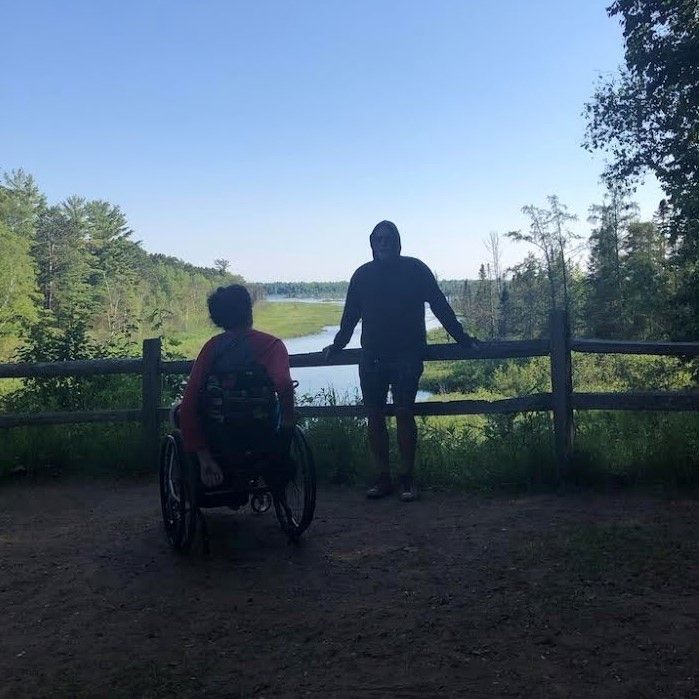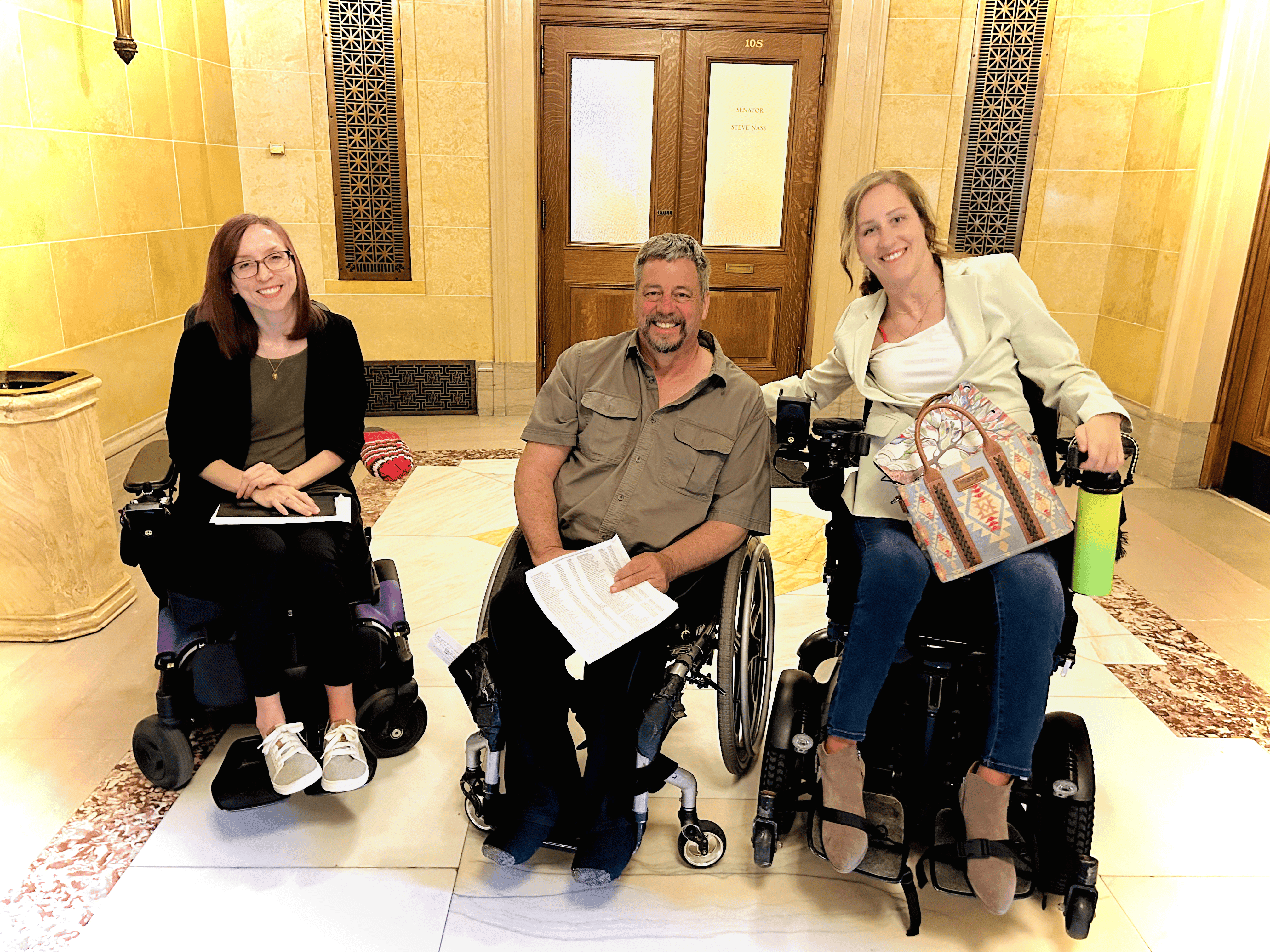
Francis Bacon coined the phrase, ‘knowledge is power’ (though the sentiment appears to stretch as far back as the Hebrew scriptures). Since then, this notion has been repeated so much it’s practically a cliché. Is it true? Sometimes. Sometimes knowledge is pain. And sometimes knowledge is just knowledge like a book on a shelf - you know the story, but it didn’t weave itself into your story.
It snowed quite a bit here in Minneapolis before Christmas Eve. After an hour of reacquainting myself with the snow blower and then enjoying the unique urban semi-quiet, I heard a helicopter landing on the pad at the hospital about 8 blocks from my house.
The knowledge of what that helicopter means comes from years of working in an ER. It means that someone has a life-changing emergency: a heart that will die unless the vessels feeding it are opened up; a brain that will be half gone unless the bleeding is stopped; or a body that has suffered a traumatic accident, like an SCI.
That last bit of knowledge is personal, of course. It is a knowledge that never leaves you. It’s always there...whether you’re watching 'It’s A Wonderful Life' or 'Die Hard,' whether you’re singing Christmas carols or watching the little ones open gifts.
Anyone who’s experienced a life-altering trauma has this knowledge that sometimes things go terribly wrong. The lingering grief resides a couple of layers down, but the knowledge is always right there. Like a phantom doorway out on the corner of your mind.
For me, this persistent knowledge requires a choice. Do I just acknowledge that it's there and go on about my business, do I ignore it or do I use it as fuel for change?
We can’t change the past, in spite of all the what-if games we play. But I have no doubt that we can create a future that is different from the past. In fact, the repetitions of the past can only be changed by those who choose to change them.
Once the choice to create a different future is made, knowledge that was just pain or just knowledge becomes power. It becomes engaged with the question, how?
- How do we create a future that’s better than our past?
- How do we change the future so there’s one less dark door in the room, one less terrifying phone call or one less difficult phrase a doctor has to say?
This knowledge can be used in many ways: mentoring the newly injured, so their future is easier than your past, as well as changing policy for better access, coverage, financial security and so on.
For us at U2FP, we use it to drive a sense of urgency, find efficiencies and foster collaborations toward the end goal of restorative therapies...and ultimately their combination to provide cures.
It may be a difficult thing for some of us to consider: that for all that it’s taken, we’ve been given powerful knowledge by this terrible injury. We’ve been given a special insight that most do not have. We may not want it but there it is for us to use.
What we do with it now is what matters most. Since we've just passed Christmas, one of Jesus more famous sayings has been ringing in my ears: “To whom much has been given, much will be required."
As we say goodbye to this crazy year and look to the next, let's continue working to transform our knowledge into power. And commit that power to benefiting others and ourselves.
Join us!
PS - Today is the last day of 2020 (woohoo!) but there's still time to make a year-end gift or become a monthly donor! It's a great way to support our work to bring curative interventions to the SCI Community as quickly and efficiently as possible!

















